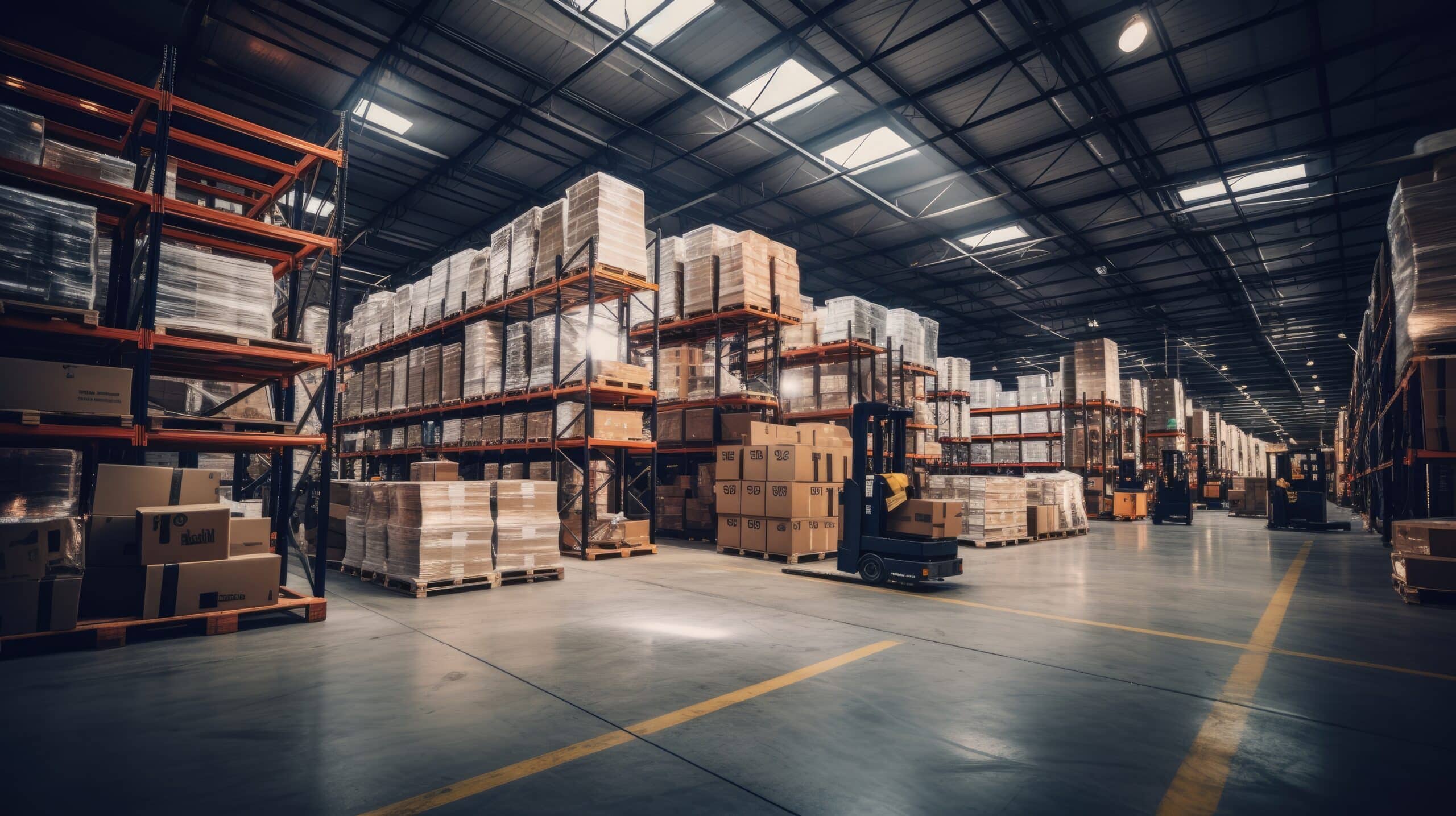
In today’s global economy, efficient logistics are critical for businesses that manufacture, import or export goods. If you’re dealing with shipping via sea from the UAE, understanding how to manage fast sea freight is key to staying competitive. This article unpacks how fast sea freight works in the UAE, what makes it “fast”, the benefits, challenges and best practices, all in clear, human-friendly language.
What is Sea Freight and What Does “Fast” Mean in this Context?
Sea freight refers to transporting goods by ship, typically in large containers. It’s one of the most cost-effective ways to move bulky or heavy items over long distances.
In the UAE, a hub for global trade, sea freight leverages major ports like Port of Jebel Ali in Dubai. Wikipedia+2Fast Freight+2
The term “fast sea freight” doesn’t mean instantaneous delivery (ships are slower than planes), but rather:
-
Shorter transit times compared to standard ocean routes (due to optimized shipping schedules, strategic port usage, etc)
-
Streamlined handling and clearance processes
-
Reduced dwell time in port, quicker turnaround of containers
-
More reliable arrival schedules, fewer delays
In the UAE context, with its advanced logistics infrastructure, “fast” freight means the supply chain is well-organised, predictable and efficient from origin to destination.
Why the UAE is an Excellent Base for Fast Sea Freight
1. World-class port infrastructure
The UAE is home to major maritime gateways. For example the Port of Jebel Ali is one of the busiest and largest man-made harbors in the Middle East. Wikipedia
This allows goods to be loaded/unloaded and transshipped quickly.
2. Strategic geography
The UAE sits at the crossroads of Europe, Asia and Africa. This means shipping lines can run efficient routes through the UAE to many global destinations and return loads more easily.
3. Advanced logistics ecosystem
Many UAE-based freight forwarding and logistics companies offer services such as container tracking, customs clearance, warehousing and multimodal transport (sea plus road/rail). For example, one provider emphasises tailored solutions, real-time tracking and global networks. Fast Freight+1
4. Trade-friendly regulations
The UAE has free zones, efficient customs processes and a business environment that supports global trade flows. This means sea freight operations can be smoother, reducing delays.
5. Cost efficiency for bulk shipments
Sea freight remains the most economical method for large cargo volumes. The “fast sea freight” model in the UAE combines cost effectiveness with better speed and reliability.
Key Benefits of Fast Sea Freight from the UAE
Cost savings
Because you are using ocean transport and leveraging efficient ports, the per-unit cost of moving large volumes declines. This frees up budget to reinvest elsewhere.
Reliability & predictability
When shipments adhere to a schedule and ports, carriers and forwarders have refined processes, you reduce surprises (e.g., stuck containers, customs delays). That means your planning is more trustworthy.
Access to global markets
From the UAE you can reach markets in Asia, Africa, Europe and beyond with relative ease. A fast sea freight option means you can serve more distant customers or suppliers without losing too much in transit time.
Better supply chain responsiveness
Having a logistics partner with strong sea-freight services in the UAE means you can respond more quickly to changes: ramp up shipments when demand spikes, or pull back when needed.
Competitive edge
If your competitor is shipping slowly or encountering delays, offering faster delivery (or reliable on-time shipments) becomes a differentiator. Your business appears more professional and dependable.
What Defines a “Fast” Route or Service?
Here are some of the elements that make a sea freight service in the UAE truly fast:
-
Frequent sailings: The more departures you have from a given port, the less waiting time for your cargo.
-
Short port turnaround: Ships docking, unloading, loading, and departing quickly means your container is not sitting idle.
-
Efficient inland connections: Once the ship unloads, having quick road/rail/air links ensures the cargo moves onward without delays.
-
Minimal trans-shipment or transfers: Direct routes or minimal hand-offs reduce risk of delay.
-
High quality documentation & customs clearance: The faster you can clear customs and meet regulatory requirements, the fewer holdups.
-
Tracking and visibility: Knowing where your cargo is and being able to respond quickly if something goes off plan is key.
A logistics provider in the UAE emphasises these features: tailored sea freight, tracking systems, global network and competitive pricing. Fast Freight+1
Challenges & How to Mitigate Them
Even with efficient systems, sea freight has inherent risks. Here are some you should know about—and how to address them:
Delay in shipping schedules
Even fast sea freight is still dependent on vessel schedules, port conditions, weather and so on. To mitigate: build buffer time into your supply chain, avoid last-minute shipments, and work with carriers that publish reliable schedules.
Customs & documentation issues
Incomplete or incorrect paperwork can cause major delays. Best practice: ensure your freight forwarder in the UAE handles all documentation thoroughly, and you provide accurate cargo details early.
Cargo damage or mis-handling
Sometimes goods may be damaged during transit or by improper container stuffing. Mitigation: choose reputable logistics providers, inspect packing, use appropriate containers (reefer, hazardous, etc) and consider cargo insurance.
Port congestion
High traffic at major ports can slow things down. Solution: work with forwarders who have access to alternative ports or schedules, or consider less congested ports near the UAE.
Currency, regulation or trade policy changes
Global trade can be affected by shifts in policy, currency fluctuations or sanctions. Keep an eye on these, and choose partners who advise you proactively.
Best Practices for Businesses Using Fast Sea Freight in the UAE
Plan early and accurately
Start the process well in advance: select the right container size (Full Container Load – FCL vs Less Than Container Load – LCL), prepare documentation, decide on Incoterms, and choose your departure port carefully.
Work with experienced forwarders
Partner with a freight forwarder or logistics provider based in the UAE with good reputation, strong network, and capability in sea-freight, customs clearance, and inland transport. As one business states: “Our services are designed to optimise your supply‐chain, reduce transit times and offer cost-effective solutions without compromising on quality.” Fast Freight
Choose the right service level
If time is critical, opt for options that prioritise faster turnaround, possibly premium services (higher cost but fewer stops). If cost-sensitivity is higher, balance speed vs budget.
Use container tracking & visibility tools
Make sure your provider offers real-time tracking or timely status updates. Knowing where your container is helps you plan reception and onward delivery.
Ensure proper packing and loading
Especially for bulk or heavy cargo, the way goods are packed and loaded affects safety and speed. Make sure containers are properly secured, labelled, and meet any required standards.
Be aware of port options
In the UAE you have several port options. While the Port of Jebel Ali is prominent, you may also consider other ports depending on location, cargo type and destination. (E.g., the port network in the UAE allows flexibility). Wikipedia+1
Plan for inland transport
After the cargo arrives in the UAE port (or leaves from there), how it gets to/from the final origin/destination matters. Coordination of truck, rail, warehouse or door-to-door delivery is part of the “fast” model.
Monitor freight costs and route efficiency
Due to factors like fuel, port charges, routing, seasonal demand, costs may fluctuate. A good provider will help you negotiate and choose efficient lanes.
Who Benefits From Fast Sea Freight in the UAE?
-
Manufacturers importing raw materials or exporting finished goods who cannot afford long delays.
-
Retailers or e-commerce businesses needing timely restocking or global reach.
-
Heavy or bulk-cargo owners (machinery, vehicles, large volumes) for whom cost per unit is critical but time still matters.
-
Project cargo businesses (e.g., construction, energy sector) where timing can affect entire project schedules.
-
Global traders leveraging the UAE as an international shipping hub to connect supply chains across continents.

